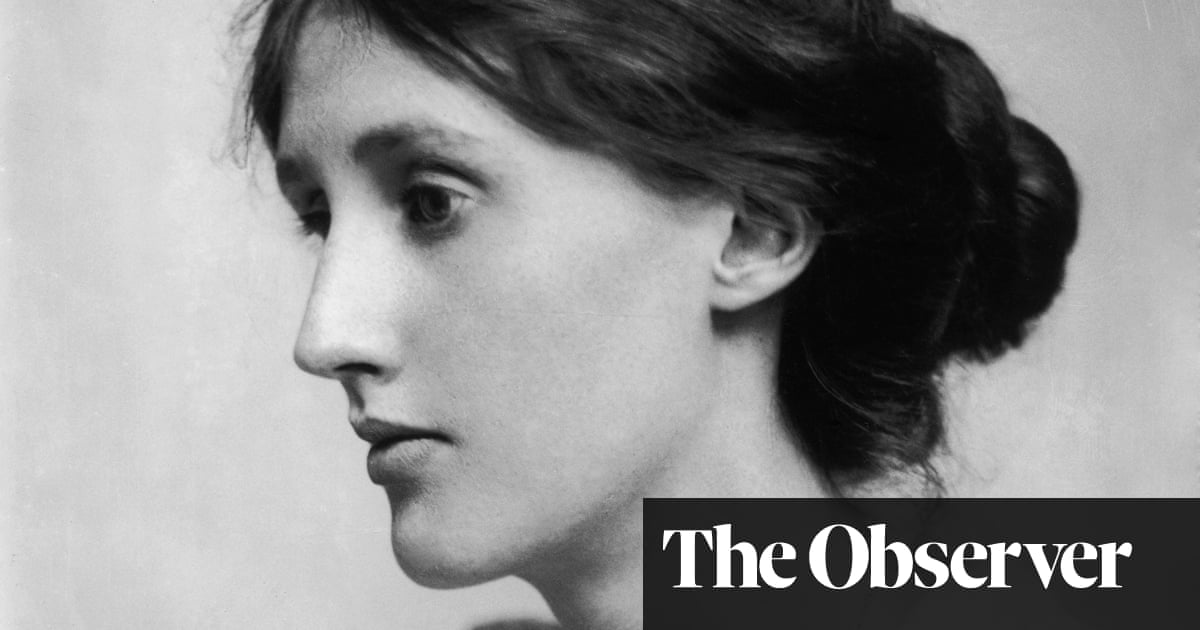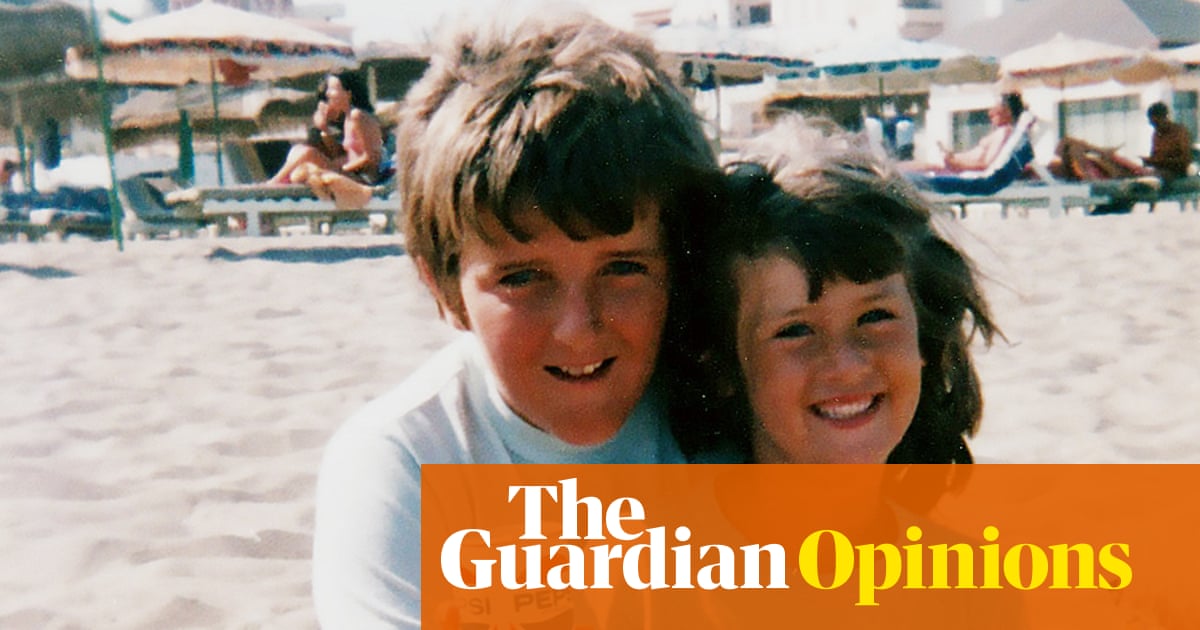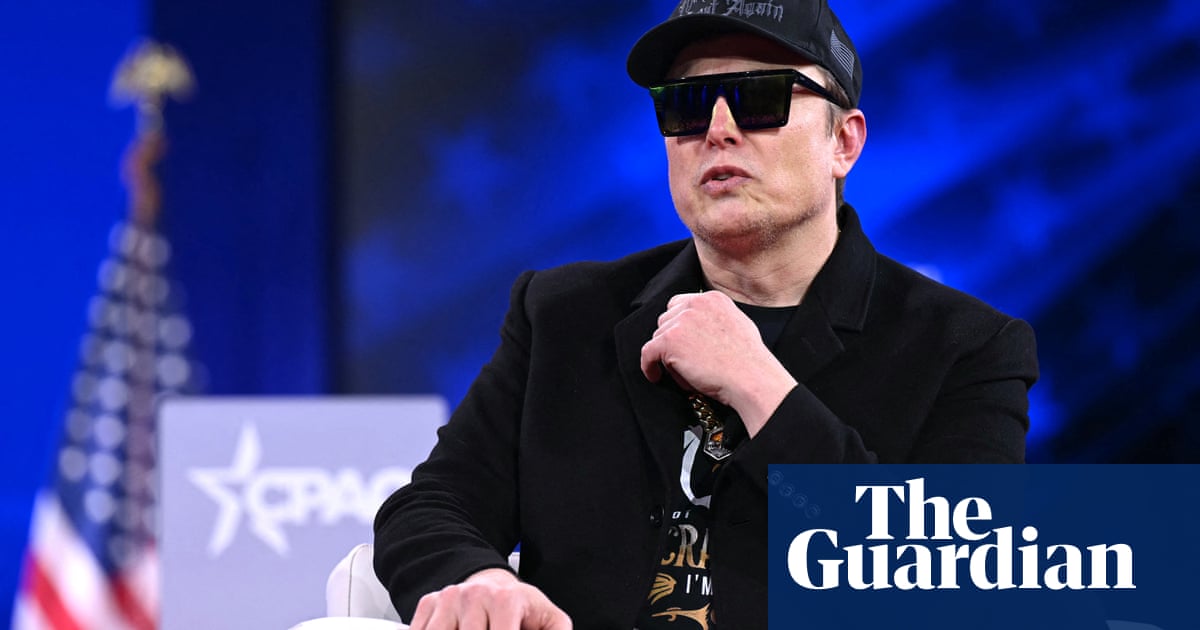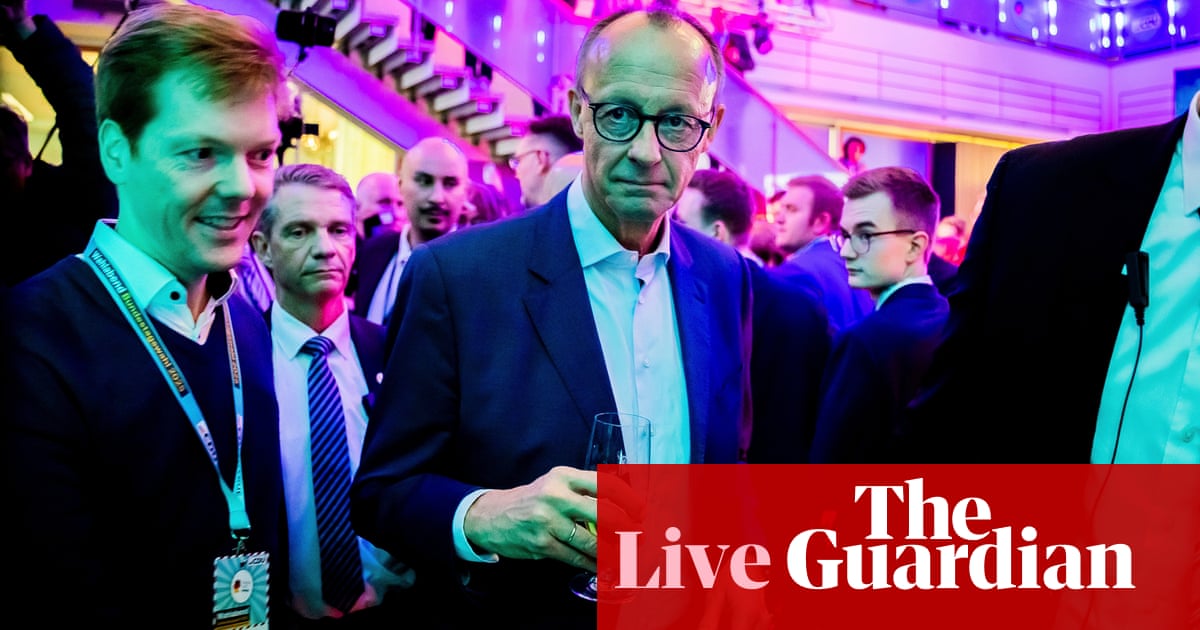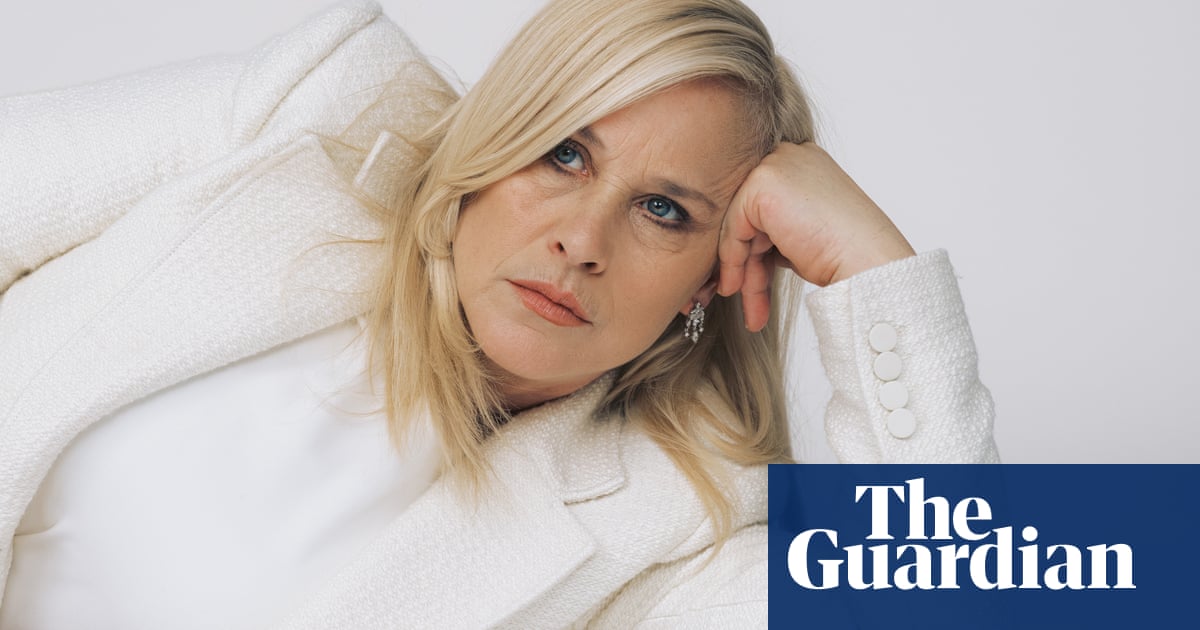Google’s central London office cost as much as a tech unicorn and the company’s UK boss, Debbie Weinstein, says it pulses with a similar spirit.
“It feels like a startup energy,” she says.
However, we are meeting on a morning when Google has been threatened with a reckoning reserved for members of the corporate establishment, not tech ingenues: a breakup.
Hours earlier, the US Department of Justice had asked a federal judge to order the sale of Google’s Chrome browser, along with a host of other actions including making its search index – a database of all the webpages it has crawled – available to competitors. It follows a ruling by the same judge in August that the $2tn company has built an illegal monopoly in the search market.
“We have, vigorously, been clear about the fact that we disagree with the judge’s findings,” says the 51-year-old American, adding that at least Judge Amit Mehta’s verdict found that Google operates the “best” search engine. According to Mehta, that success has come at an unacceptable cost to competition.
The process will drag on, says Weinstein – “I think this is going to take many years to resolve” – so, in the meantime, it’s back to focusing on the UK and artificial intelligence.
“While I am working in the UK, my focus here is on making sure we’re continuing to build products that enable everyone in the UK to take advantage of the major shift that’s happening towards AI,” she says. “And try not to get overly distracted by the fact that [the case] is going on behind the scenes.”
This is where the startup reference comes in, as Weinstein acknowledges Google is far from its origins in a California garage – “obviously, we’re a very large company at this point, not remotely a startup” – but that AI has given it a new phase of development that harks back to founders Sergey Brin and Larry Page’s early days. “That energy that you have from creating something new … feels like we are very much living in that moment right now at Google,” she says.
The Google-owned Central Saint Giles office we are speaking in cost the company $1bn – the same valuation assigned to so-called tech unicorns – which shows how far the business has come since that temporary home in 1998.
Google is also building another vast office nearby. Work started on its new £1bn UK headquarters in King’s Cross in 2017, and it stretches to 330m, making it longer than the 310m Shard skyscraper is tall. King’s Cross is also the location for Google’s AI unit, Google DeepMind, run by Sir Demis Hassabis.
Weinstein has direct experience of starting a business before she became managing director of Google in the UK and Ireland. She was an executive at US media group Viacom and Unilever before joining Google, but sandwiched between those roles she also founded a children’s food company in 2006, which she closed after a year and a half. “I founded and shut down a business, so it was not successful,” she says, adding that she found being an entrepreneur “actually really lonely; I miss being part of a team.”
She adds: “I think I am really effective in large organisations. I’m effective at galvanising teams, focusing them on what matters.”
For creative professionals and publishers grappling with the emergence of generative AI – products such as Google’s Gemini or OpenAI’s ChatGPT, which can create realistic voice, text and image from simple prompts – Google is one of several supremely well-resourced multinational tech groups that are challenging their livelihoods with AI tools.
Creatives’ concerns centre on copyrighted material, such as novels, song lyrics, scripts and news articles, that have been used, without compensation, to “train” AI models to produce their outputs.
In an interview with the Guardian in September, Weinstein urged the UK to relax restrictions on a practice known as text and data mining (TDM), where copying of copyrighted work is allowed for non-commercial purposes such as academic research. Google wants TDM to be allowed for commercial use – such as training new AI models. Weinstein’s comments – “the unresolved copyright issue is a block to development,” she said at the time – drew pushback from Justine Roberts, chief executive of the Mumsnet website, who wrote that her “jaw hit the floor” when she read Weinstein’s pitch for a relaxation in copyright law.
A month later, tens of thousands of creative professionals, including Abba’s Björn Ulvaeus and the actor Julianne Moore, signed a statement warning that unlicensed use of their work in AI models was a “major, unjust threat” to artists’ livelihoods.
after newsletter promotion
Weinstein is talking while surrounded by the work of copyright holders, in the library of the Central Saint Giles office, and points out that Google already gives creatives and publishers the option to block their content from being used in model training.
“Absolutely we think there needs to be an opt-out and we do enable an opt-out today,” she says, although the organiser of the AI letter has said opt-out schemes do not offer robust enough protection. Weinstein adds that Google would like to see an EU-style regime where TDM is allowed for commercial reasons so long as there is an opt-out. She says: “We’re looking for clarification at the level of the EU that enables us to do model training here for commercial purposes, not just research purposes.”
Weinstein views embedding AI in the UK workforce as “the No 1 thing I’m working on” and last month Google launched a programme to encourage small and medium-sized businesses to adopt AI tools.
Weinstein’s assertion reflects where tech firms are in the AI investment boom: astonishing breakthroughs have been made, but companies and governments now need to deploy these AI tools so the likes of Google, OpenAI and Microsoft can generate a return on their substantial capital investments.
This has led to forecasts that AI will ultimately cause displacement of vast amounts of jobs. Weinstein’s argument, echoed by the likes of Microsoft, is that AI models will take over mundane day-to-day tasks, freeing up more productive work.
The biggest opportunity, she says, is for employees “to find ways to apply these tools to their daily work and actually take out some of these administrative tasks that are not fun for most people.”
The main job threat, she adds, is competing with people who are ahead of you in adopting the technology. “It’s not about you getting replaced by AI. It’s about you getting replaced by somebody who’s using AI better than you are,” she says. “It’s more about you being outcompeted in the marketplace.”
CV
Age 51
Family Married, one daughter.
Education Brown University and Harvard Business School.
Pay Undisclosed.
Last holiday Biking in France.
Best advice she’s been given “Find and leverage your superpowers.”
Phrase she overuses “Right now it’s probably ‘study hard’. My daughter has to decide where she is going to uni.”
How she relaxes Cooking with my family.

 2 months ago
39
2 months ago
39
